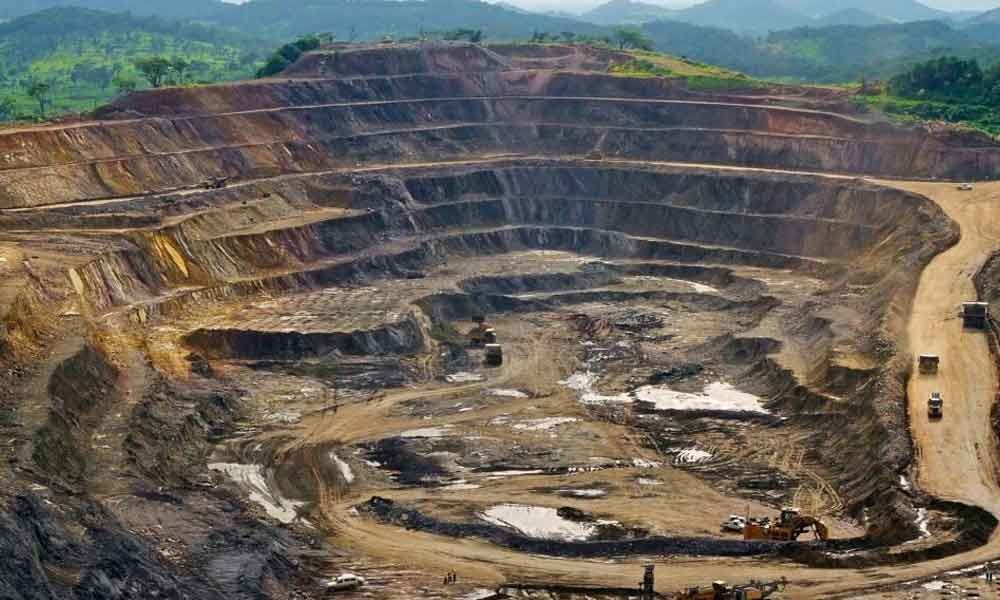How countries are getting tougher with mining companies

A mix of political populism, higher commodity prices and the expectation electrification will spur demand for some raw materials has led resource-holding governments to change the rules for miners operating in their countries
A mix of political populism, higher commodity prices and the expectation electrification will spur demand for some raw materials has led resource-holding governments to change the rules for miners operating in their countries.
In most cases, governments are seeking to increase their share of profits, rather than all-out resource nationalism, although Mongolia has been trying to nationalise a stake in a copper mine.
The toughness is not universal. Some governments see the hardened stance of other countries as a chance to lure investment. Ethiopia is rolling out pro-business reforms after Prime Minister Abiy Ahmed swept into office last year.
Typically, resource holders have increased the demands they make of international companies when commodity prices rise. Commodity prices have been increasing since the start of this year but are relatively low and were still recovering from the crash of 2015-16 when the latest wave of resource nationalism began.
In Africa, Tanzania, regarded as an extreme example, turned on the miners after President John Magufuli swept to power in late 2015 pledging to secure a bigger share of the country's natural resource wealth.
Industry insiders and lawyers say political populism and social media are impelling calls for a greater share, beginning with the local communities around mines.
They also say investment by China and to a lesser extent Russia increases the leverage of resource-holding governments.
In Africa, Democratic Republic of Congo, Tanzania and Zambia have been seeking more of the profits from copper, cobalt and gold. Democratic Republic of Congo in June last year signed off regulations to implement its new mining code that raised royalties and taxes.
Major mining companies, such as Glencore and Barrick, have opposed the code and are seeking negotiations and ways to increase pressure. Zambia raised royalties from January and introduced a 10 percent tax when the price of copper exceeds $7,500 per tonne.
Zambia also plans to replace value-added tax with a non-refundable sales tax to help reduce public debt, but has delayed the move until July, pending further consultation. Mining executives say a first response is to withdraw exploration funding.
The biggest listed miners say they are focusing their exploration in countries with low political risk. Globally, exploration spending climbed, but is far below the peaks of 2012 at the height of the commodity boom.
Spending was highest last year in countries considered mining-friendly, such as the United States and Ecuador, which is welcoming Western explorers into its copper prospects as it seeks to diversify from oil.








